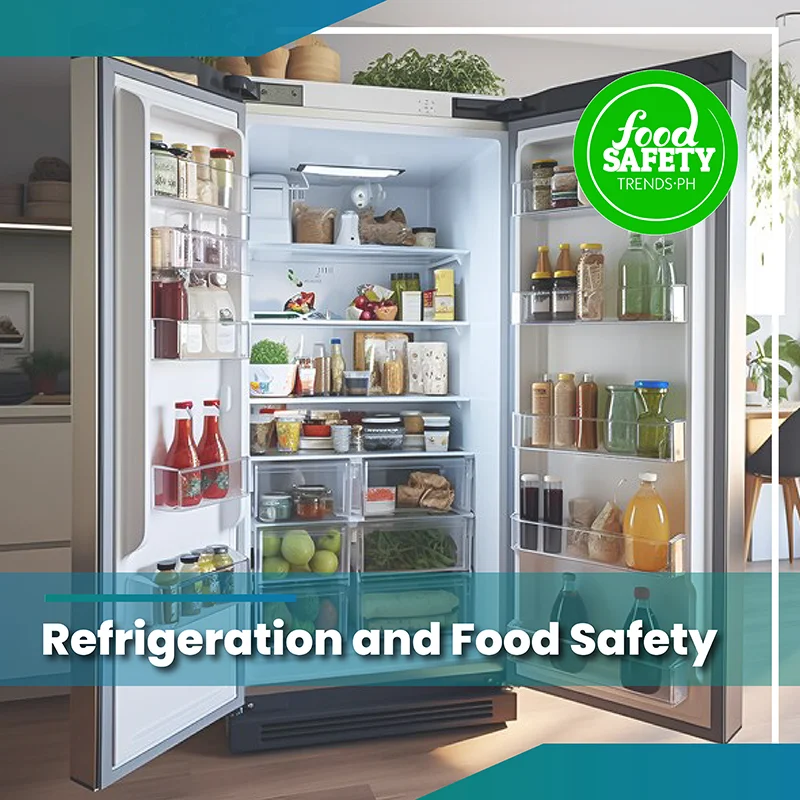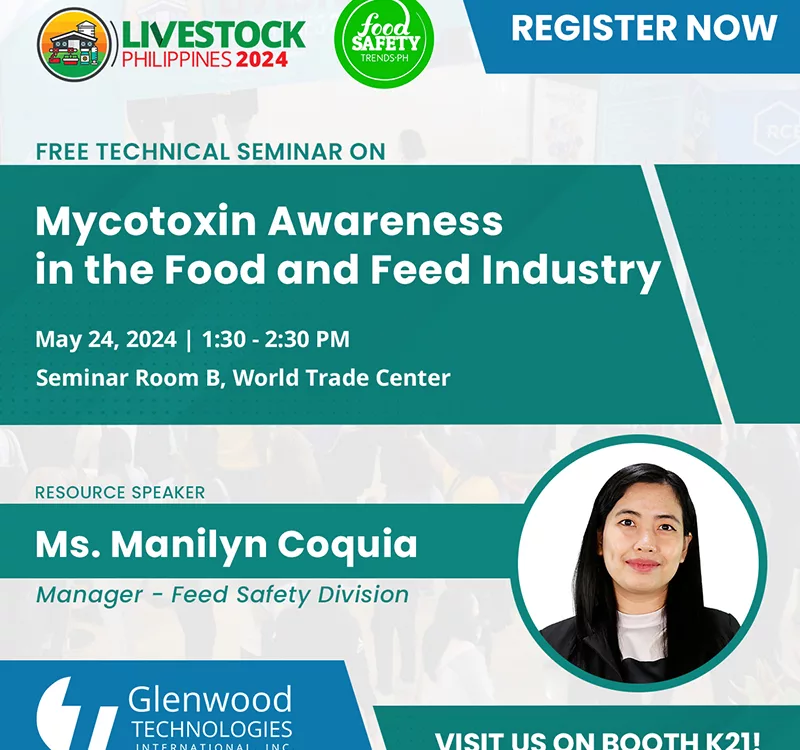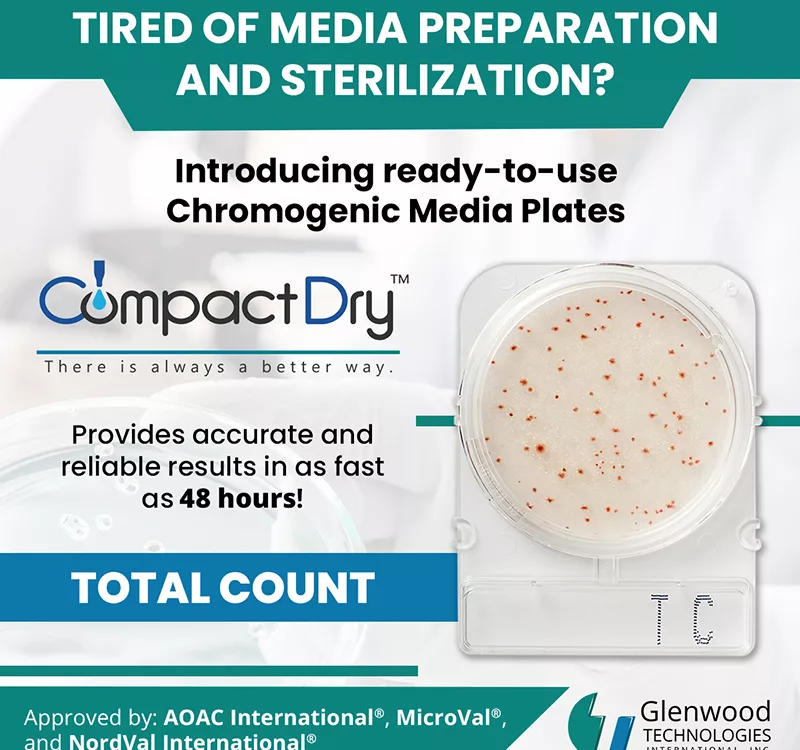Refrigeration and Food Safety
Published by
Glenwood Technologies International
at

Refrigeration plays a large role in keeping your food safe, as it slows bacterial growth. A well-functioning refrigerator set at the right temperature will reduce the risk of bacterial contamination in stored foods. That is why it is important that food storage, especially in refrigerators and freezers, is properly monitored. Make sure to follow these tips from the US Food and Drug Administration (US FDA) to ensure the safety of your food:
1. Refrigerate or freeze perishables right away. Stick to the "two-hour rule" for leaving items needing refrigeration out at room temperature.
2. Keep the refrigerator temperature at or below 4 °C. The freezer temperature should be -18 °C.
3. Marinate food in the refrigerator. Bacteria can multiply rapidly in foods left to marinate at room temperature.
4. Clean the refrigerator regularly and wipe spills immediately.
5. Keep foods covered. Store refrigerated foods in covered containers or sealed bags, and check leftovers daily for spoilage.
6. Check the expiration dates.
7. Keep refrigerator and freezer doors closed as much as possible if you lose electricity. Your refrigerator will keep food cold for about four hours if it is unopened, while a full freezer will keep an adequate temperature for about 48 hours.
8. Once power is restored, discard any perishable food (such as meat, poultry, fish, eggs, or leftovers) that has been above 4 °C for two hours or more.
Reference: US Food and Drug Administration (US FDA)
Glenwood Technologies International
Since its establishment in 1995, Glenwood Technologies International, Inc. has been the leader in exclusive distribution of premium rapid diagnostics and hygiene monitoring kits from trusted manufacturers worldwide, providing quality and technologically advanced products to meet the emerging needs for food and feed safety, among others.






